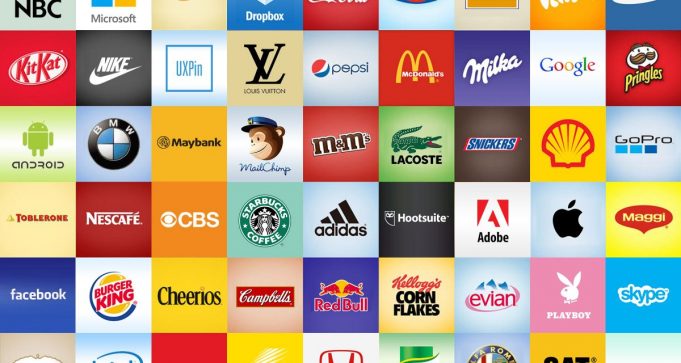You’ve seen it a thousand times before. And every time you know you’re looking at an ad… disguised as an influencer branded recommendation or suggestion.
Maybe it’s a heavily photoshopped Instagram photo of a model with perfect hair. Or a beautiful person (obviously) posing on a beach with perfect light and a perfect filter to match declaring, with much love, the perfect travel destination.
These social media influencers typically have hundreds of thousands, if not millions, of followers. Major brands see them as a gateway to potential customers. Target them right, and an endorsement from a familiar face may induce a follower to go buy a product or service.
Now, there’s something new eager to jump up and down for our attention called the “nanoinfluencer”. Be afraid.
A new article about this next general infomercial bot in the New York Times suggests this type of influencer, with smaller followers, typically in the thousands, allows companies to tap into markets without the big expense a large, personality-driven influencer might otherwise charge. Typically, the nanoinfluencer is satisfied with receiving free products in exchange for a social mention.
Endorsements, of course, are nothing new.
… nanos typically say whatever companies tell them to.
From the radio of the early 20th century, to television, to magazines and newspapers, and to the modern internet and social media era, people have willingly recommended a product in exchange for some form of consideration.
The difference this time, at least in my estimation, is the massive scale.
Rather than reaching local markets, or a few thousand people here and there, social media can reach millions — hence the appeal to companies trying to advertise. And since these platforms — Facebook, Twitter, Instagram, Snapchat, etc. — are also used for ad-free communication and engagement, the influencer model can introduce a fair amount of noise. Often feeds can feel more like infomercials rather than interesting and compelling opinions, thoughts, and creative expressions.
One particular idea in the NYT article on the emergence of the nanoinfluencer caught my attention:
Brands enjoy working with them partly because they are easy to deal with. In exchange for free products or a small commission, nanos typically say whatever companies tell them to.
“… nanos typically say whatever companies tell them to.”
That’s particularly concerning. It’s one thing for a company to send a product to a blogger or influencer for a review, and expect an objective, non-biased article or mention in return. But for essentially passing on the marketing message, as is, without opinion, good or bad? I’m not certain this is a good thing.
So: Are you ready for the nanoinfluencers?


